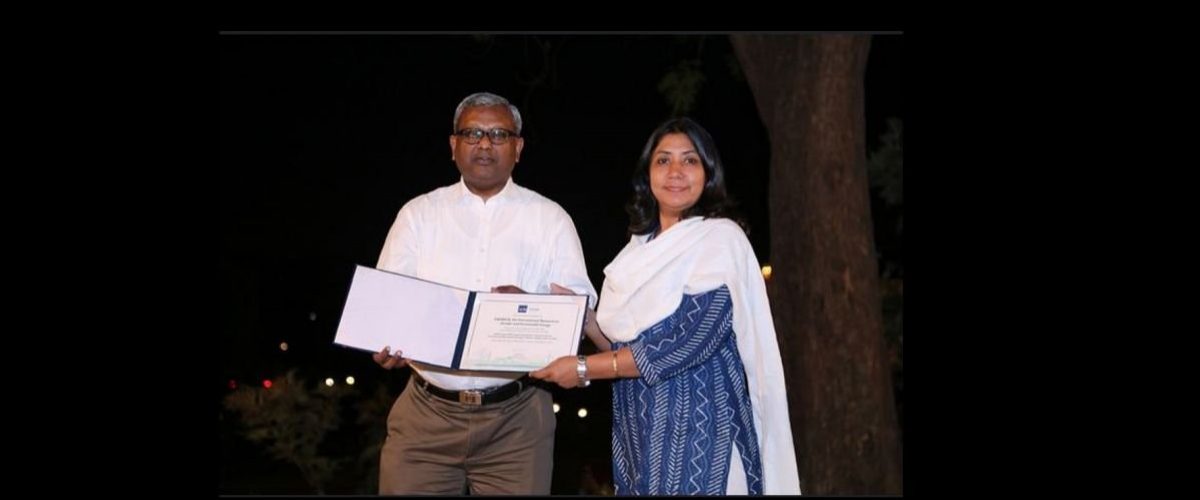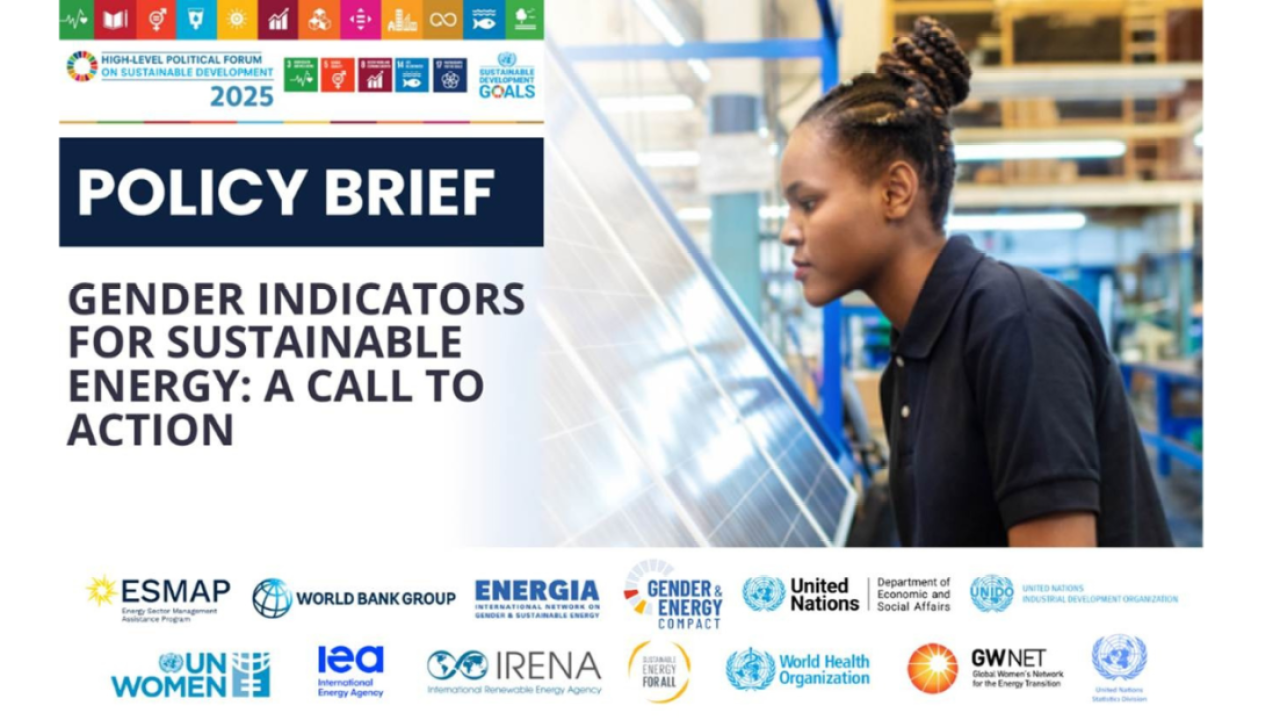On 11 and 12 April this year the Asian Development Bank (ADB) organised a conference on gender inclusive energy solutions in South Asia. During the conference, ENERGIA and its NGO partners, Royal Society for Protection of Nature, Practical Action and Centre for Rural Technology – Nepal, received a special award for its contribution to gender equality, through the ADB funded project Improving Gender-Inclusive Access to Clean and Renewable Energy.
Main goal of the conference was to share good practices, exchange experiences and learn about practical approaches to integrate pro-poor, gender and social equity considerations in energy policy and programmes. Discussion was organized around eight themes, ranging from risk mitigation in large energy infrastructure projects to mini grid systems; from the role of women in the energy supply chain to enhancing income through the productive use of energy. All presentations were followed by interesting and vivid discussions.
ENERGIA presented the awarded Improving Gender-Inclusive Access to Clean and Renewable Energy project, which ran from 2012 – 2015. The project was the predecessor of the current Women’s Economic Empowerment Programme and consisted of three components: Interventions on energy-based livelihoods for women, a gender review of the energy sector and the development and implementation of a Project Performanceand Monitoring System.
Stories from the field
Ugyen Choden is a young single mother of two in Bhutan. She weaves and sells bamboo and cane products for a living. She learned about the training programme imparted by the Royal Society for Protection of Nature(RSPN) and ENERGIA training on the use of electricity for production, product improvement and skills enhancement. Ugyen was selected to participate in the training and since then, her products have improved, which led to a raise in income. “I have learned new things and now my products are better and I sell more” she says.
In Nepal, Tulasi Kumal and Durga Niraula participated in courses in different, parts of the country. Both women participated in trainings from ENERGIA and partner Centre for Rural Technology (CRT). Apart from skills training in their profession—Tulasi is a tailor and Durga owns a small spice grinding business—they learned about book-keeping, making a business plan, marketing and sales. Tulasi dared to take a loan and purchase a tailoring and hemming machine, Durga did so to buy a spice grinding machine. Both women have seen a significant increase in their income and are now able to better support their family in health care, education and other expenses.
Awareness raising on energy efficiency was the main focus of the project in Sri Lanka, in the Ampara district. Here, there is a high electrification rate, but prices are steep. Awareness trainings that include tips and tricks help lowering electricity bills. “I used to pay over 2,000 rupees every month for electricity alone, and this financial burden put me under pressure because I was normally spending more than 10 percent of my husband’s pension on paying the bills” says Rasika Jayanthi, who participated in the course. She has been able to get the household electricity bill down from 2,000 rupees to 750 rupees per month.
Energy sector policies and gender
In the three countries of intervention, Bhutan, Nepal and Sri Lanka, ENERGIA conducted gender reviews of national energy policies and programmes. In addition, a regional review was conducted. The reviews show that in recent years, gains have been made in the region, especially in terms of electrification. The progress in providing clean cooking energy solutions have been less impressive. However, the attention to gender issues in the energy sector in the region has not been adequate. Existing energy use patterns in South Asia have disproportionate negative impacts on women. While the national development goals and policies highlight ‘inclusive’ development, which provides an opportunity for gender work, the energy sector policies and programme documents are mostly silent on gender, and tend to focus on ‘people’. At best, energy policies recognize women’s time poverty, low productivity and lack of financial capacity to benefit from energy investments. Electricity services are not responsive to women’s specific needs such as low cost domestic appliances and labor-saving technologies. Benefits are still tracked by supply-driven measures like megawatts instead of demand-driven approaches measuring use of energy. Some of the proposed areas for strengthening energy policies include establishing gender-sensitive targets and indicators for energy programmes; explicit objectives for women’s energy access, participation and labour mobilisation in energy infrastructure programme documents; tracking, in energy sector projects, participation of and benefits to women and disadvantaged groups; encouraging women to play a role in last mile functions in electrification, such as awareness on conservation, meter reading; and build local capacity to engender energy programming.
The gender audit reports can be found here: Gender review Bhutan, Gender review Nepal, Gender review Sri Lanka, Regional gender review
A wide variety of cases during the Inclusive Energy Solutions Conference
Other interesting cases, good practices and discussions during the conference included topics such as tariffs, targeted subsidies, conditional cash transfers, and revolving funds that have enabled energy access for the disadvantaged. It clearly highlighted the need for partnerships between government, utilities, NGOs and community based organizations, as key to ensure energy access for all, as well as the importance of ensuring women’s economic empowerment and support to develop energy based enterprises.







